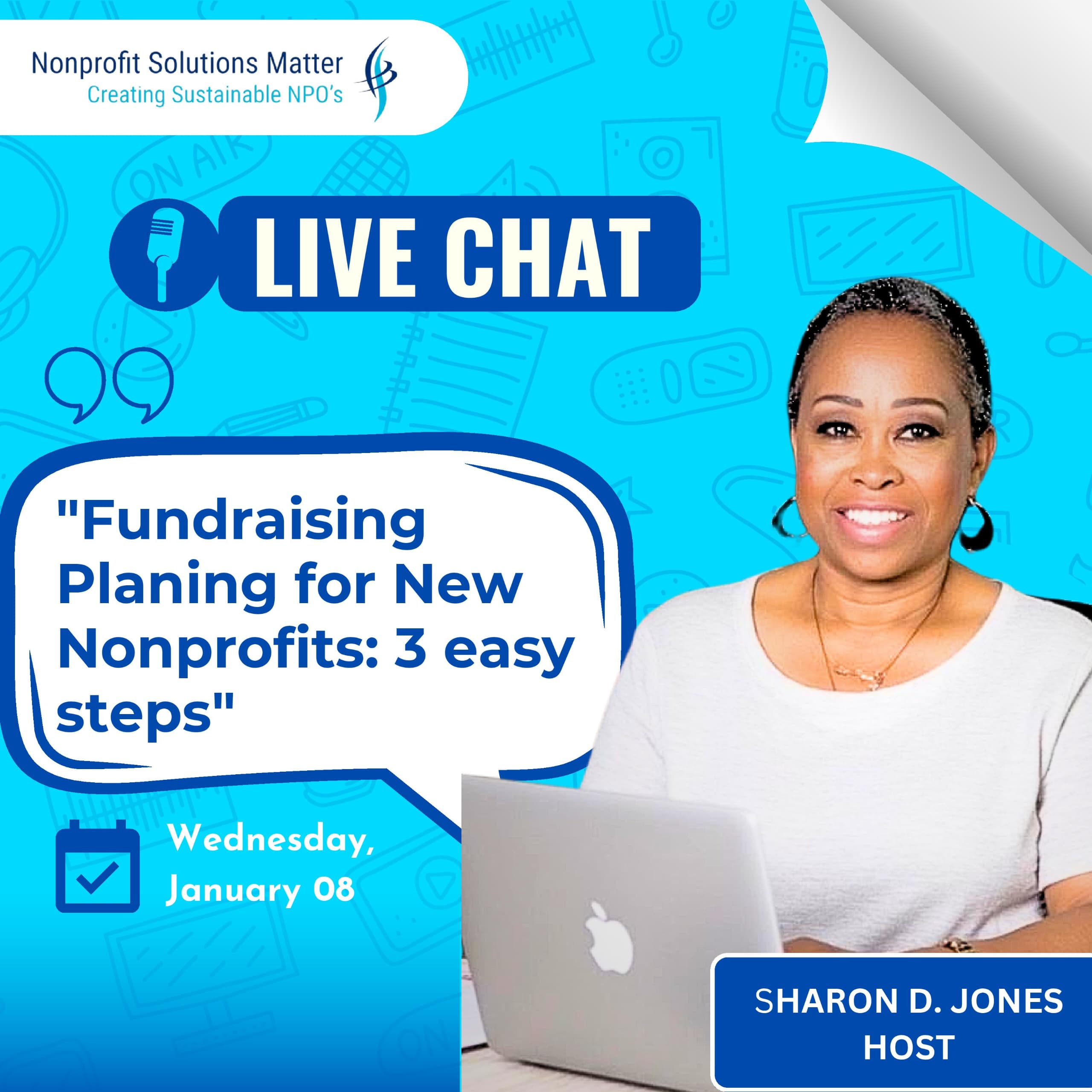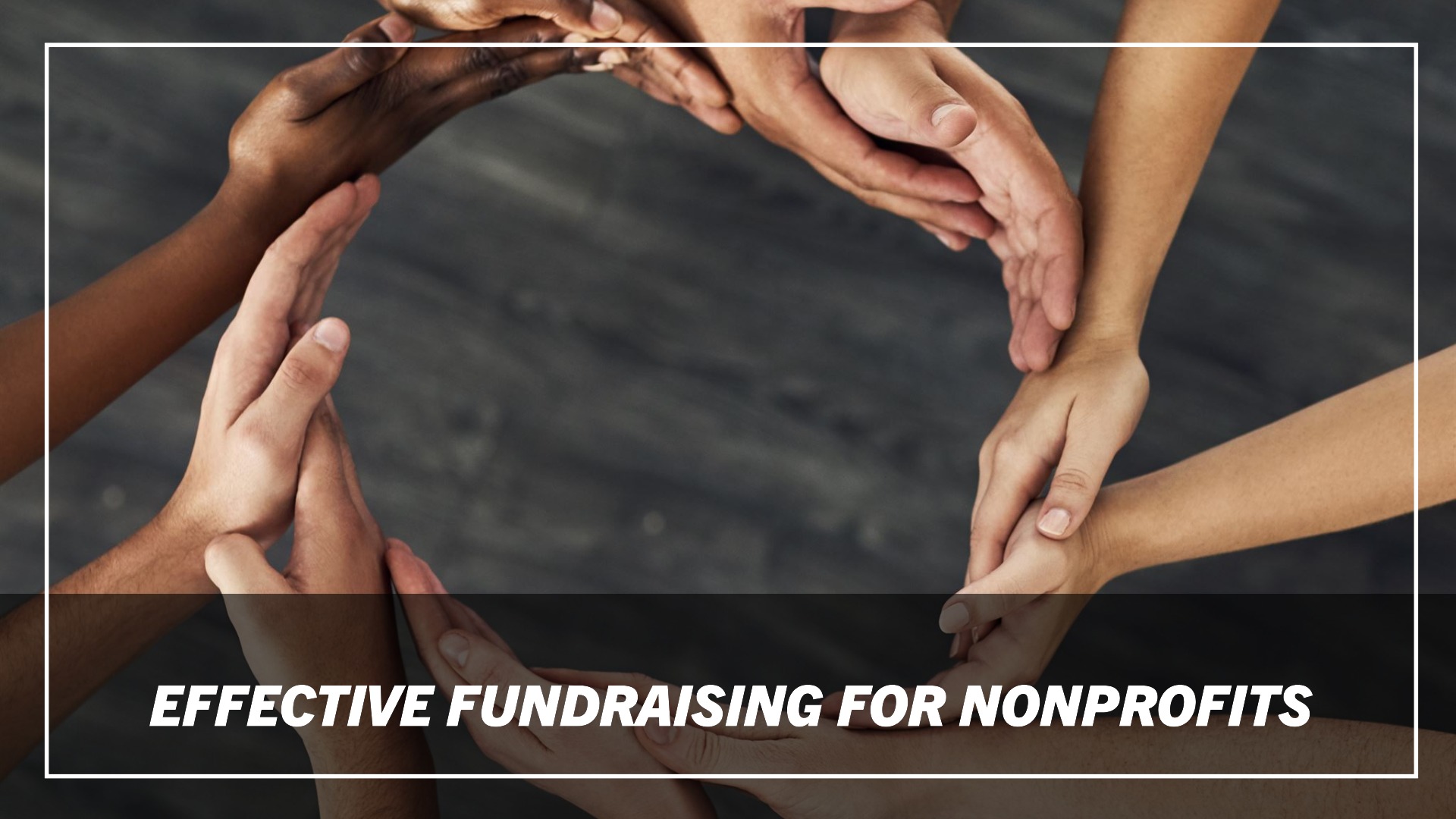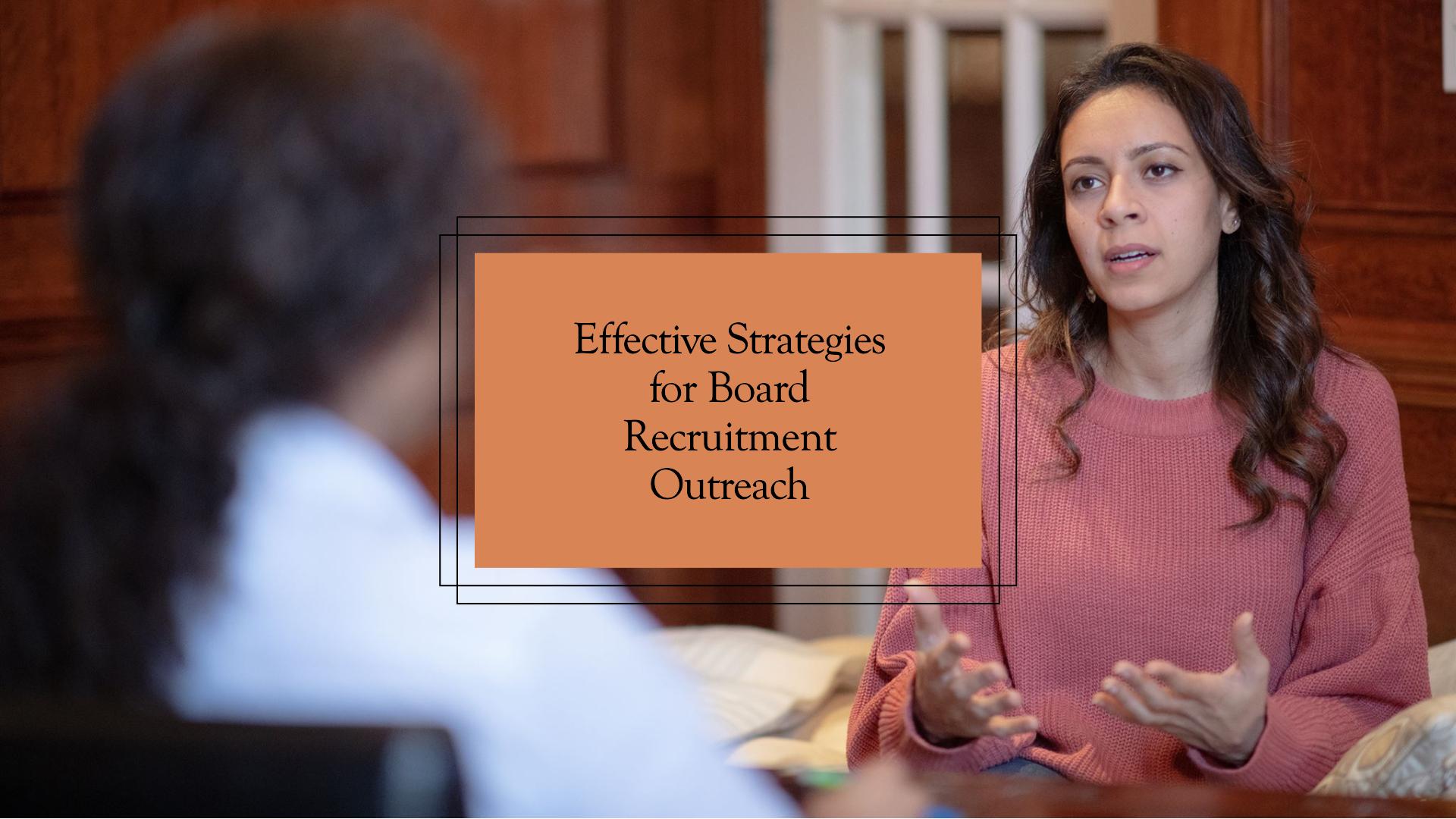The Importance of Strategic Partnerships
In the nonprofit sector, partnerships with other organizations can be critical to achieving your mission and goals. Strategic partnerships can help your nonprofit expand its reach, build credibility, and increase resources. But what exactly are strategic partnerships, and how can your nonprofit form them effectively?
What are Strategic Partnerships?
Strategic partnerships are mutually beneficial relationships between two or more organizations that share a common goal or vision. These partnerships are strategic because they are formed with specific goals in mind, and they are not just random collaborations. When done effectively, strategic partnerships can help nonprofits achieve more impact and sustainability.
Why are Strategic Partnerships Important for Nonprofits?
There are many reasons why strategic partnerships are important for nonprofits. Here are a few key benefits:
Increased Resources - Strategic partnerships can help nonprofits access additional resources, such as funding, expertise, or volunteers, that can be critical to achieving their goals.
Expanded Reach - By partnering with other organizations, nonprofits can expand their reach and impact. Strategic partnerships can help your nonprofit reach new audiences or communities that may be harder to access on your own.
Increased Credibility - When your nonprofit partners with other organizations that are well-respected in the community, it can increase your own organization's credibility and reputation.
Shared Learning - Strategic partnerships can also provide opportunities for shared learning and collaboration. By working with other organizations, nonprofits can learn from each other's successes and challenges and share best practices.
How to Form Effective Strategic Partnerships for Nonprofits
Forming effective strategic partnerships for nonprofits requires planning and intentionality. Here are some steps your nonprofit can take to form successful partnerships:
Identify Your Goals - Before you start looking for potential partners, it's important to identify your nonprofit's goals and needs. What resources or expertise do you need to achieve your goals? What types of partnerships would be most beneficial?
Research Potential Partners - Once you know what you're looking for, research potential partners that share your vision and goals. Look for organizations that have a similar mission or target audience and that have a good reputation in the community.
Develop a Proposal - Once you've identified potential partners, develop a proposal that outlines the benefits of the partnership and how it will work. Be clear about what each organization will contribute and what the expected outcomes are.
Build Relationships - Building strong relationships with potential partners is critical to forming successful partnerships. Take the time to get to know each other, identify common goals and challenges, and explore how you can work together to achieve your shared vision.
Formalize the Partnership - Once you've agreed on the terms of the partnership, formalize the agreement in writing. This can include a memorandum of understanding, partnership agreement, or other legal document.
Maximizing the Benefits of Strategic Partnerships for Nonprofits
Forming strategic partnerships can be a powerful tool for nonprofits to achieve their mission and goals. However, to maximize the benefits of these partnerships, it's important to take an intentional and proactive approach. Here are some additional strategies your nonprofit can use to ensure your partnerships are as effective as possible:
Align Your Values - When forming partnerships, it's important to make sure that the values and principles of each organization are aligned. This will help ensure that the partnership is based on a shared vision and goals, and that each organization is committed to the same principles.
Communicate Clearly and Often - Communication is key to any successful partnership. Make sure to communicate regularly with your partner organizations, keeping them updated on your progress, challenges, and successes. Set up regular check-ins or meetings to ensure that everyone is on the same page.
Be Willing to Compromise - Effective partnerships require compromise and flexibility from both organizations. Be willing to adjust your plans or strategies as needed to accommodate the needs of your partner organization, and be open to new ideas and approaches.
Build Trust - Trust is a critical component of any successful partnership. Take the time to build strong relationships with your partner organizations, being honest, transparent, and dependable. This will help ensure that your partnership is built on a foundation of mutual respect and trust.
Evaluate Your Partnerships - Periodically evaluate your partnerships to ensure that they are meeting your goals and objectives. If a partnership is not working out as planned, be willing to make changes or end the partnership if necessary.
Conclusion
In summary, nonprofits can benefit greatly from forming strategic partnerships. These partnerships allow nonprofits to pool resources, expand their reach, and increase their impact. However, forming successful partnerships is not always easy. It requires a great deal of planning, research, and relationship-building.
One of the most important steps in forming strategic partnerships is identifying potential partner organizations that share your vision and goals. This requires a thorough understanding of your organization's mission and strategic objectives, as well as the landscape of other organizations working in your field. Once you have identified potential partners, it's important to engage in a dialogue with them to determine if there is a good fit. This includes exploring areas of mutual interest, assessing each other's strengths and weaknesses, and determining how the partnership can be mutually beneficial.
Formalizing a strategic partnership requires a clear understanding of the roles and responsibilities of each partner organization, as well as the goals and objectives of the partnership itself. This includes developing a formal agreement that outlines the expectations of each partner, the resources that will be contributed, and the metrics that will be used to measure success. By taking a thoughtful and intentional approach to forming strategic partnerships, nonprofits can achieve their goals and increase their impact in the communities they serve.
If your nonprofit is interested in forming strategic partnerships, Solutions Matter can help. Our Antioch-based team of experienced nonprofit consultants can guide your organization through the partnership development process, from identifying potential partners to formalizing agreements.
Contact us today at (615) 775-2988 or me@sharondjones.com to learn more about how we can help your nonprofit achieve its goals through strategic partnerships.























































